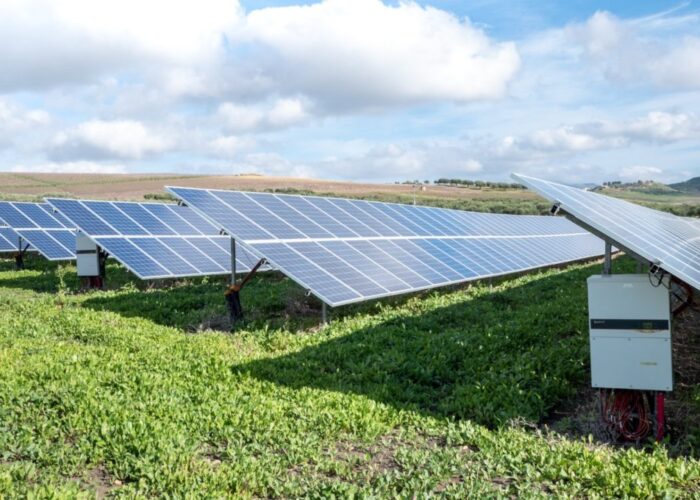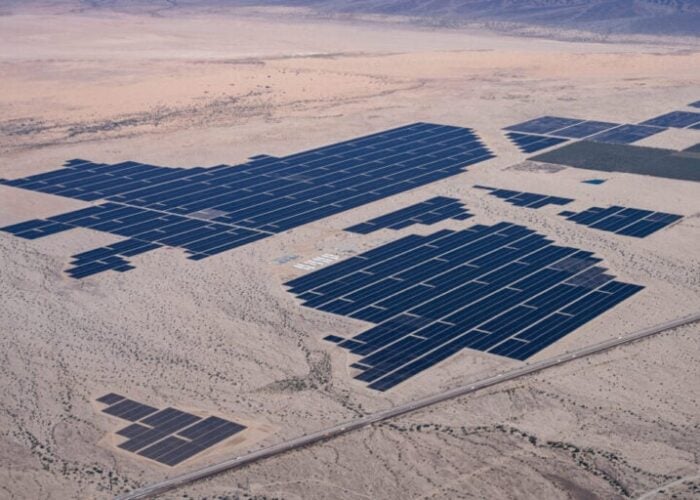MEPs have voted for stronger clean energy and climate goals for 2030 than those currently on the table in a move that signals the start of a likely protracted debate.
The European Commission launched a white paper last month recommending a 40% greenhouse gas reduction goal for 2030 and a 27% renewable energy target.
Unlock unlimited access for 12 whole months of distinctive global analysis
Photovoltaics International is now included.
- Regular insight and analysis of the industry’s biggest developments
- In-depth interviews with the industry’s leading figures
- Unlimited digital access to the PV Tech Power journal catalogue
- Unlimited digital access to the Photovoltaics International journal catalogue
- Access to more than 1,000 technical papers
- Discounts on Solar Media’s portfolio of events, in-person and virtual
The compromise failed to please countries like Poland and the UK that wanted no renewable energy target at all.
It was also deemed too weak by others because the 27% figure will not be made up of binding national pledges from member state governments.
At a press briefing in London after the paper’s launch, commission officials struggled to explain how an EU-wide binding target might be enforced.
This week, the European Parliament’s MEPs voted 341-263 for a 30% renewables target made up of national binding goals as with the 20% objective for 2020. They also called for a 40% energy efficiency target.
The MEPs’ vote is not in itself binding however.
“MEPs reacted to the Commission’s weak climate and energy proposals with a much-needed reality check,” said Jason Anderson, head of climate and energy at WWF’s European Policy Office.
“A comprehensive package of binding targets for 2030 will reduce Europe’s dependence on volatile energy imports, create employment in low-carbon sectors, deliver health benefits for EU citizens, and help to ensure the avoidance of dangerous climate change,” he said.
The white paper will be discussed and amended by parliamentary committees before being presented to MEPs again in the summer.
If it makes it through parliament it will then be sent to the European Council where the a qualified majority of the 28 member states must approve it.
With the UK, Poland and Czech Republic opposed, the trio requires one of Europe’s larger economies or a grouping of smaller nations to side with it in order to black the renewables target.
Speaking at the time of the white paper’s launch, Frauke Thies, EPIA policy director said the proposed goals fell short.
“While the binding 2020 target for renewables proved to be a success story, initiating massive costs reduction and technology leadership in Europe, the Commission’s proposal for 2030 sadly is a lame duck”, she said
“Twenty-seven per cent renewables by 2030 is indeed barely more than the commission’s business-as-usual scenario. In addition, it is an EU-wide target without binding national breakdowns. We are now looking at the European Council to make this supposedly binding target meaningful, by turning it into real national binding targets,” she added.







